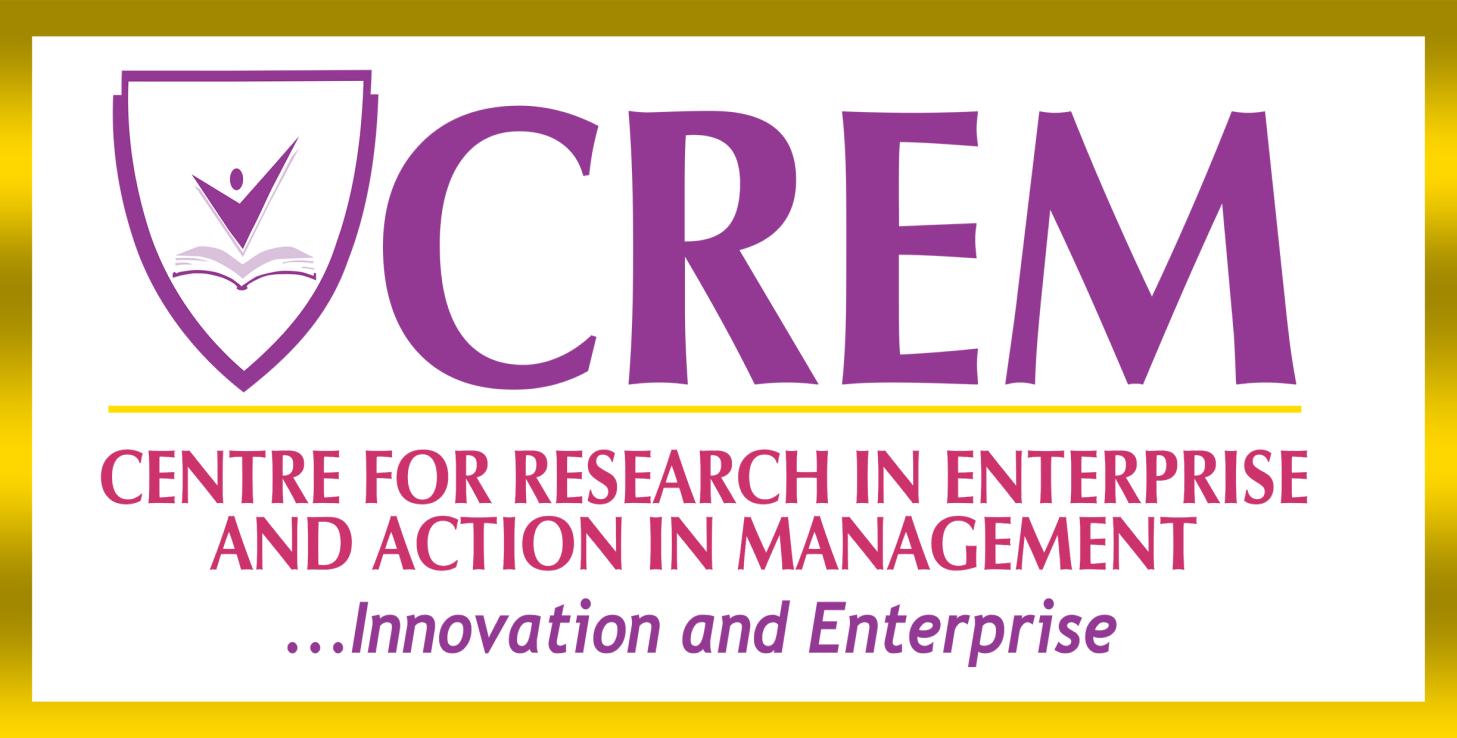
We have two types of Product knowledge.
- Factual
- Experiential
Factual Product Knowledge is the objective information about the product which includes the product’s features, specifications, price, availability, etc. Factual product knowledge gives customers the opportunity to rely on the product’s attribute to make comparison with other products before making informed decisions.
Experiential product knowledge is the subjective information about a product which includes the product’s benefits, user experience, customer testimonial, etc. Experiential product knowledge aid customers to visualize how the product can solve their problems or improve their lives based on their emotions and values.
Even though the audience’s needs and preferences have to inform the employee’s approach towards him or her, the employee needs to balance the two type of information to provide effective product knowledge because some customers may be persuaded by more factual information while others may be convinced by more experiential information. Thus, an employee needs to tailor his or her message accordingly.
In other words, Product Knowledge requires employees’ learning about these key aspects:
- Customer
- Brand
- Customer Experience
- Competition
- Industry
- Use
- Complementary Products
- Configuration
- Troubleshooting
- Customisation
- Specifications
- Integration
- Policy and Procedures
- Mission and vision
Furthermore, what businesses should cover in a Product Knowledge are:
- Its price of value.
- History of the product.
- How to use the product
- If there is any particular manufacturing process
- Servicing, repairing, and warranty of the product
- A lifetime of the product.
- Styles, models and colours available.
- Also, how it can benefit the customer.
- The value of the product.
- Auxiliary uses of the product.
- Complimentary add-ons of a product.

